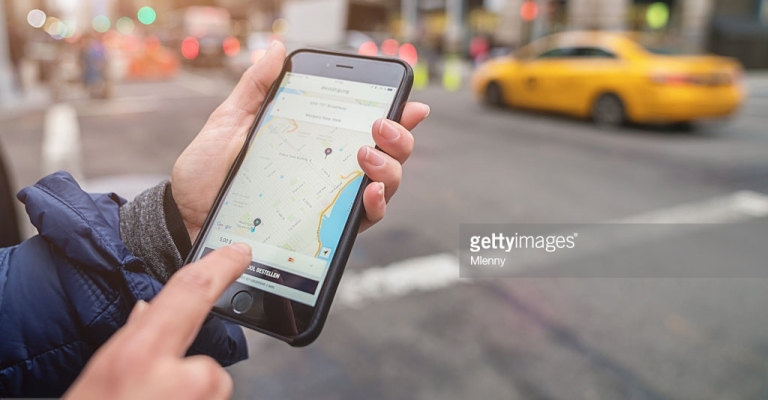Reviewing the Risk of Using Uber and AirBnB for Business Travel

Here are some best practices we recommend considering before using these types of services for business travel.
Reviewing the Legal Standards in the Region
- Is the service legal in the destination country?
- Does the service provide a comparable level of safety, compared with other traditional services in that country?
- Are there clear guidelines for your mobile workers, based on a risk-based process, which detail the circumstances in which they may (or may not) be permitted to use share economy services?
Assessing Local Conditions for Accommodation Services

Share economy accommodation services have experienced significant growth in recent years mainly due to the scale of adoption by leisure travellers. However convenient or cost effective these accommodation services are, we recommend evaluating the risk just as you would with any other type of accommodation such as hotels, B&Bs, service apartments or guest houses.
There are several factors which we advise evaluation before determining the suitability of an accommodation:
- Security standards
- Emergency response
- Access to services and assistance
- Verification and vetting of staff
- Managing profile/risk exposure
- Accounting for staff
The use of share economy accommodation services vary based on a location but should be evaluated for suitability on the same basis as other accommodation options. The level of risk to travellers varies based on their individual risk profile and appropriate accommodation options should be suggested accordingly.
Weighing Benefits vs. Risks of Transportation Services

Similarly to accommodation services, companies like Uber, Lyft and grab Taxi offer an additional level of convenience and cost savings compared to traditional transportation services. They also offer additional travel safety benefits such as:
- Car and driver identification
- Quickest route indicator
- Share estimated time of arrival
- Cashless transaction
- Driver rating
- Information security for contact numbers
- Liability insurance
- Cost
However, deciding to use these services depends on several variables including the driver-screening requirements in that country and the condition and profile of the car. Ride-sharing companies operating in multiple countries are generally stricter when it comes to conducting thorough checks on their drivers. Similarly, major providers uphold a high level of quality and standards for their vehicles, usually carried out by a reliable third-party specialist.
In general, we advise that using an established vendor for ride-sharing services is the most reliable and relatively safe mode of transportation for business travellers in low travel risk destinations.
In Summary
To read the full report and download the checklists, click here.










